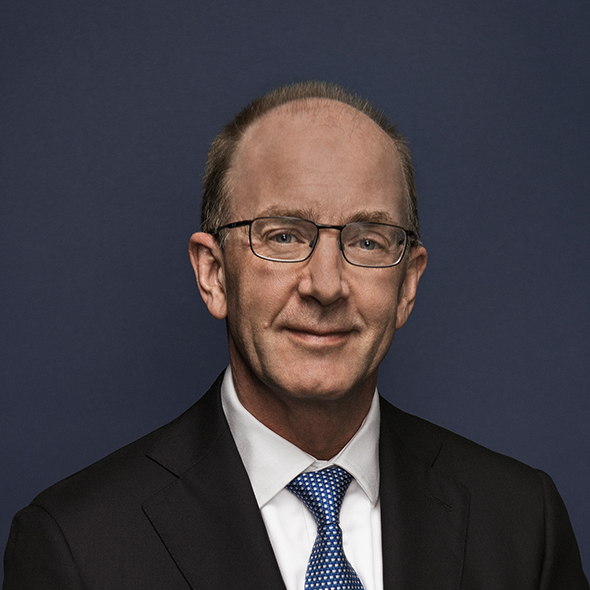We know, as directors, that trends need to be identified and monitored. We also know that events can overtake us. At the 2018 AGS in Melbourne, I remarked that “little conflicts matter” because they escalate, using Ukraine as an example. And I highlighted the need to focus on supply chain resilience given the risk of disruption from events. As an understatement, there was more downside risk than I anticipated at the time.
We accept there are limits to our present understanding of the world — that disruption can be unprecedented and events a “tail-end” probability; that drawing parallels from the past can create barriers to understanding and progress.
The extended present
What can we say about the extended present with some certainty?
- There will be unique and significant obstacles on the path to recovery. We are exiting a two-step policy experiment — global monetary accommodation post-GFC and fiscal accommodation in response to the pandemic. Globally, debt levels have skyrocketed and inflation is rising, triggering a change in monetary settings. War in Europe is raising the spectre of stagflation. At the same time, financial markets have been transformed by technology, social change and policy stimulus, as we can see in the rapid growth of crypto through to meme stocks and the gamification of investment. There is no precedent in modern economic history.
- We will wrestle with the impact of technology on our ways of work. There are voices calling for a return to the CBD and others for a new social contract. We have a tremendous opportunity to engage more Australians in productive work, but like the upheaval of the Industrial Revolution, it will challenge conventions and create cultural and security issues.
- The global economy will remain deeply integrated and challenging to navigate. Ukraine supplies 25 per cent of Indonesia’s wheat imports.
About 40 per cent of EU gas supplies come from Russia. China remains the largest US trading partner in goods. Australian exports to the EU may be subject to carbon-based import charges. Aligning economic, political and security relationships will remain a challenge globally.
Longer-term, we will confront changes we can reasonably foresee
The pace of change in technology will accelerate. We’ve gone from 50,000 “metaverse” tweets last March to 14 million in January 2022. In May, Meta will face a proxy resolution to commission a third-party evaluation of its potential psychological, civil and human rights harms. Even more acutely, AI will profoundly change society. But the potential benefits of new technologies are there.
The pace of climate change will accelerate. The first COP in 1995 highlighted the need to act urgently. We have only just achieved bipartisan commitment to net zero and the path from here is unclear. Global commitments continue to take us well short of our Paris goals. The challenge of climate change will confront generations of directors.
Geopolitical change will be increasingly swift and sometimes chaotic. We are deeply conscious of the changes in our region from China’s rise. Russia is now our focus, but away from the headlines are coups in Western and Central Africa that could fuel more migration and people smuggling into Europe and beyond, which combined with Ukraine’s refugees will further strain institutions, resources and public sentiment already under stress.
And finally, the gradual change in the role of our organisations in society could accelerate. Particularly in the context of COVID and climate change, we were compelled to respond, while the pandemic exposed short-term thinking and fault lines in our federation. In this environment, the role of our organisations in society, and our role as directors, will continue to transform.*
* This is an edited extract from Angus Armour’s opening address to the 2022 AGS.
Latest news
Already a member?
Login to view this content



